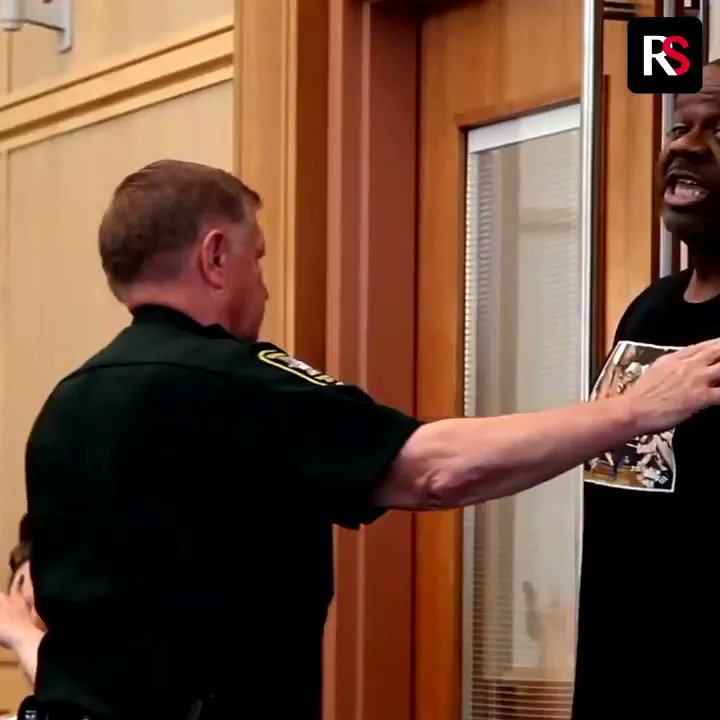

The suspects were fleeing Clinton police, who had followed them as they crossed into the city. Three years ago, on March 21, 2016, a car with three suspected burglars drove into oncoming traffic in west Jackson and struck 34-year-old Lonnie Blue Jr.'s car head- on, killing him. He was referring to a number of cases, like Clark's, in which the Madison, Ridgeland and Clinton police departments were involved in high-speed pursuits into Jackson that ended in innocent bystanders' death or injury. "This technology allows the city to enter into conversations with our neighboring municipalities to utilize this type of technology rather than chasing citizens in an unsafe manner," Lumumba said. Lumumba explained the benefits of the system to the council members on Tuesday. The devices are reusable and simply require a new adhesive after each use.Ĭities like Los Angeles have used StarChase for more than a decade, but the system's high cost has prevented smaller cities from adopting it as quickly each unit costs $5,500 to purchase and install. From the time the launcher heats and fires the GPS tag, the devices' batteries last anywhere from 24 to 48 hours, allowing officers to wait until the suspect stops before they approach the vehicle. The launcher, which is fashioned onto the cruiser's grill, holds two cylindrical devices, each of which has a sponge soaked in a heat-sensitive adhesive.

Instead of engaging in dangerous high-speed chases, law enforcement can hold off on their pursuit and monitor the vehicles' movements and location in real-time through a secure web portal. But on Tuesday, March 19, 2019, Jackson Mayor Chokwe Antar Lumumba pitched one to the City Council: outfitting JPD police cruisers with mounted launchers so officers can fire GPS tracking devices that stick like darts to fleeing automobiles.Īt the March 19 meeting, the council approved $18,141.43 to equip three cruisers with the StarChase Pursuit Management System, which uses lasers to target and shoot the miniature GPS tag at suspects' vehicles up to 20 yards away.
#Remove raw story tracker free#
Since the Jackson Free Press reported on that story seven years ago, high-speed police chases in the Jackson metro area have claimed more innocent lives and injured more bystanders, and the city has struggled to find a solution. Seconds later, the gray Grand Marquis, which police believed was carrying stolen groceries, crashed into the driver's side door of Clark's car at nearly 100 miles per hour. "Going to kill somebody, might want to back off of him," said a voice over the police scanner. The officers chased the suspect all the way onto Highway 25 in Flowood, the car whizzing past the church where Clark's children waited for their mom. The Reservoir Patrol and Rankin County Sheriff's deputies eventually joined as the suspect sped down Spillway Road at about 90 miles per hour. However, she never arrived.Īround seven miles from the church, Ridgeland Police began chasing after a gray Grand Marquis. Now, she was heading back to pick up her two children from Sunday School. The social worker, who was in her late 30s, had already attended the early service at Pinelake Church in Flowood. JACKSON Milinda Clark cranked up her beige 1990s Nissan Altima one cool morning in February 2012. “We really do believe that it is now possible to end extreme poverty, and doing so will help us as a nation be more secure and create more economic opportunities for our own people, creating jobs at home,” USAID administrator Rajiv Shah said in a teleconference.Mayor Chokwe Antar Lumumba hopes Jackson's adoption of the StarChase system, which allows police cruisers to shoot GPS tracking devices that stick to fleeing suspects' vehicles, will cut down on the number of dangerous high-speed police chases in the city. Centers at those schools will work on projects such as improving agriculture in conflict areas such as Afghanistan, developing technology to end poverty and developing crops resistant to climate change. Other schools receiving grants include Duke, Michigan State, Texas A&M, MIT, University of California at Berkley and a university in Uganda. William and Mary is one of seven schools that were awarded the grants on Thursday. taxpayers to know where their money went specifically, it’s difficult for local recipients to know whether they got the money they were promised or whether it got put into the pocket of some corrupt official, and it’s very difficult to be able to coordinate between say France and the World Bank and the United States.” Under those circumstances it’s very difficult for U.S. “You didn’t know how it was spent, didn’t know exactly what it was for, didn’t know where it was spent.


 0 kommentar(er)
0 kommentar(er)
